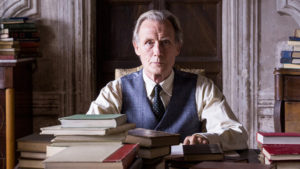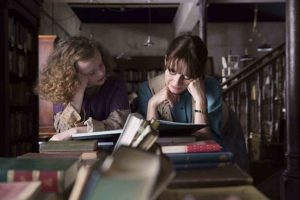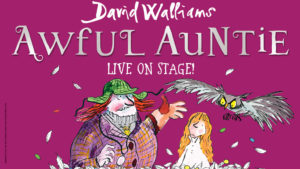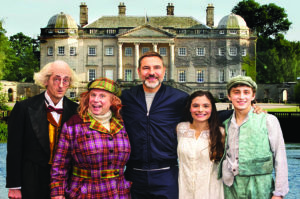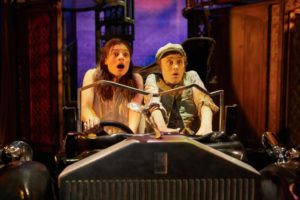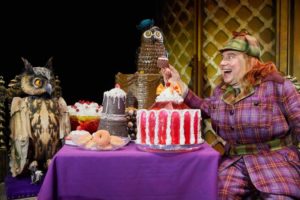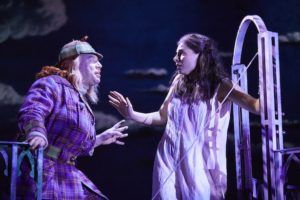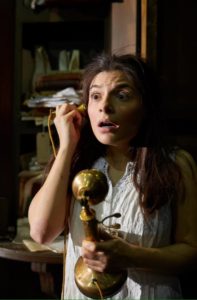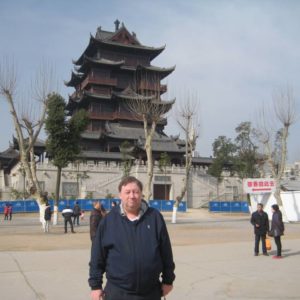 (3.5 / 5)
(3.5 / 5)
Emma Jordan’s Sherman Theatre/Theatr Clwyd co-production of William Golding’s 1954 novel, “Lord of the Flies” takes a bold approach by having the adolescent boys’ roles played by young actresses.
Those of you who are observant, will notice the entirely masculine presence of Matthew Bulgo in the above photo of the cast, a point I think I should make clear!
In her programme notes, partly Ms. Jordan qualifies this by writing that texts of well known stories can challenge the traditional ways of accepting the reading. After all, if there is only one way of interpreting Shakespeare, it is extremely doubtful whether his popularity and esteem would have carried on to this day.
What confuses me though is that the masculine names of the cast in this production are maintained, which may have the effect of an audience being torn between believing the characters are girls or boys. If it is the latter, then all power to it, because there is nothing wrong with an actress playing the role of the opposite gender, because, that is what they do… act. and I shall take this point of view.
Published in 1954, with The Cold War in full swing, Golding pens a taut novel full of warning about the effect war has in dehumanizing us. During a time of conflict, a plane carrying a group of British schoolchildren boys, is shot don over the Pacific. With the pilot dead, the surviving boys have to come to terms with their predicament and the hostile environment they find themselves in.
In essence, director Emma Jordan and adapter Nigel Williams, manage to keep the message of the book intact in this adaptation. The division of the group into the civilised and the savage, with members of the latter group regressing into simian characteristics. The promotion of self-interest over the needs of the community as exemplified by the division of the camp itself is shown explicitly. A topic that I regularly debated with students in my ten years in China. Man’s , (through Jack and his gang) instinctive urge to hunt shows the way he relates to his environment. The loss of innocence, a kind of collective bildungsroman is also prevalent and the final emergence of their salvation by a British naval officer, a representative of the military and martial authority, and therefore linked to Jack, leaves you with the nagging fear that even war aged by the right side, (the British in this case), has negative connotations.
The symbolism of the conch representing order and a civilised society, Piggy’s glasses indicating rationality and the benefits of science and technology, and the fire a signal to attract a civilised response are all present and cogently indicated.
The enthusiastic cast do well enough, although constant shouting throughout the first part left me searching for my packet of Ibuprofen during the interval! Gina Fillingham’s Piggy and Olivia Marcus’s Simon, maybe identified closest to the characters from the book I recall. LolaAdaja as Ralph also conveyed her character’s basic decency and indecision well. It is entirely possible that I have a natural bias towards the rational characters.
Where this production scores well is with the set design and lighting. James Perkins practical design of a meandering rising pathway to an elevated lookout is striking. Together with Tim Mascall’s impressive lighting, they manage to provide an atmospheric setting that shows the isolation of the boys in one of the quieter passages of the play.
This is a decent adaptation of a book that in the ever-increasing danger of inflammatory geopolitical rhetoric and actions bears resonance today. Noisy, energetic, slightly distracting, you can’t be critical of it’s good intention.
Continue reading Review: Lord of the Flies at The Sherman Theatre by Roger Barrington

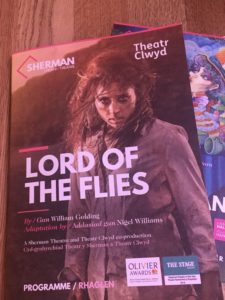
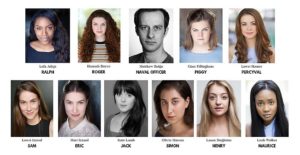
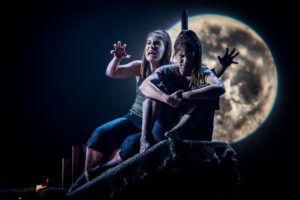
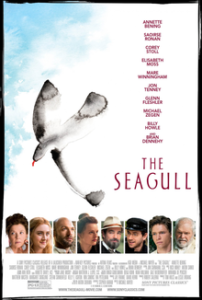
 (4 / 5)
(4 / 5)
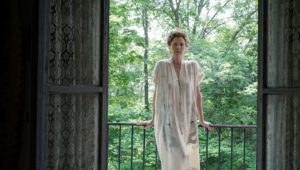
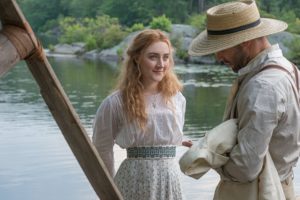
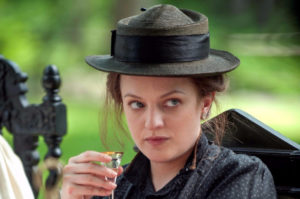
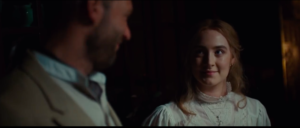
 (4.5 / 5)
(4.5 / 5)

